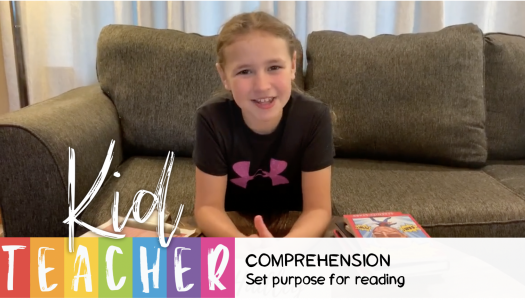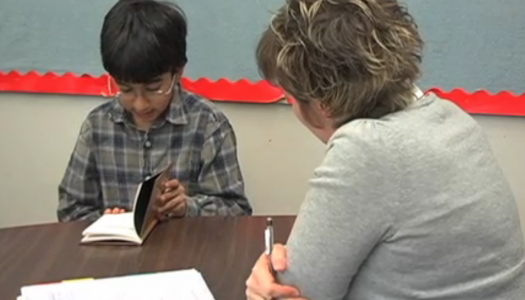Word Work for Language Learners

Join Our Community
Access this resource now. Get up to three resources every month for free.
Choose from thousands of articles, lessons, guides, videos, and printables.
Pam Schaff
Word Work is the last component that English Learners should be introduced to in Daily 5. It is critical that language learners be bathed in the context vocabulary before being asked to work with words and word parts. EL students must have multiple exposures to hearing, saying, and reading within context before their brain capacity is open and ready to notice letter-sound patterns in words. English is not a language where spending time with isolated letters and sounds is going to provide the gains needed to grow as readers and writers. The focus needs to be on language chunks to accelerate your ELs, because only 50 percent of English words are decodable.
The “how” of this work is in properly structured, planned, and executed shared and guided reading that allows multiple interactions with the text in an authentic way. Recycling the text for different purposes provides the following benefits:
- Lowers affective filter
- Increases participation and engagement because of elevated self-confidence
- Exposes students to seeing and hearing rich, meaningful language and vocabulary, which prepares them for using the language in all domains
- Accelerates students’ comprehension
- Opens students’ brain capacity to group words by like themes and notice phonemic patterns and chunks
- Moves students from being taught to discovering how words are constructed and how that knowledge can be transferred to other reading and writing experiences
- Other languages match sound by sound. English is different. Students must be allowed to discover this through scaffolded experiences. For example, using a guided reading text that has been read many times and in which students are well versed presents an opportunity to dig into the word chunks and English-language patterns of the text.
- Gives purpose for sight words as they “glue” content words into a cohesive sentence
- Sight words do not carry contextual meaning. It is the more complex words with Latin and Greek roots that carry more weight. Therefore, we need to focus on helping students discover the meaning of those words.






